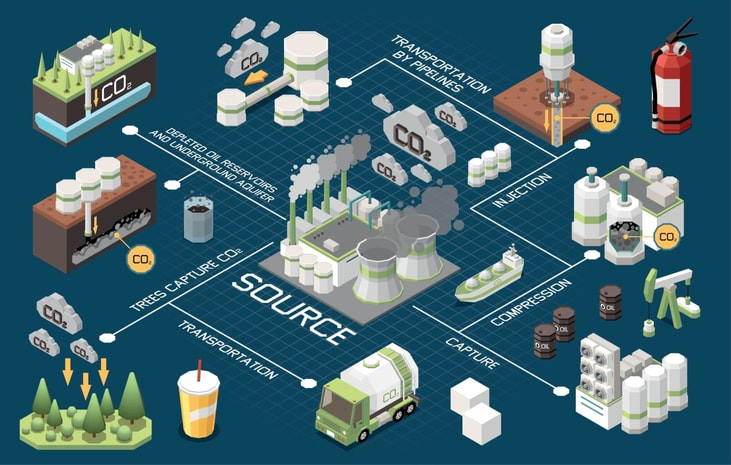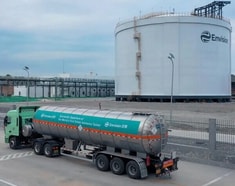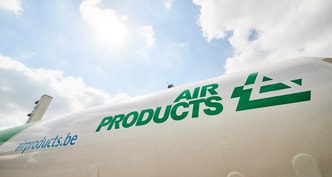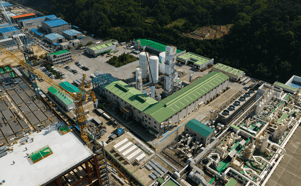CCSA gives voice to CCUS experts
The Carbon Capture and Storage Association (CCSA) has today published CCUS Voices which provides insights from experts across the value chain on how to develop the sector.
Drawing on expertise in areas such as power and industrial decarbonisation, innovation and skills, CO2 transport and storage, carbon markets, governance, sustainability and public perception, the ‘Voices’ set out their ambitions for the delivery of a new CCUS industry at pace across the UK and EU.
Ruth Herbert, Chief Executive of the CCSA, said the experts have provided their perspectives on the future opportunities that the industry can unlock, as well as what is needed to spur development.
They also discuss the potential of greenhouse gas removal (GGR) technologies such as Direct Air Capture with Storage (DACS).
... to continue reading you must be subscribed






















